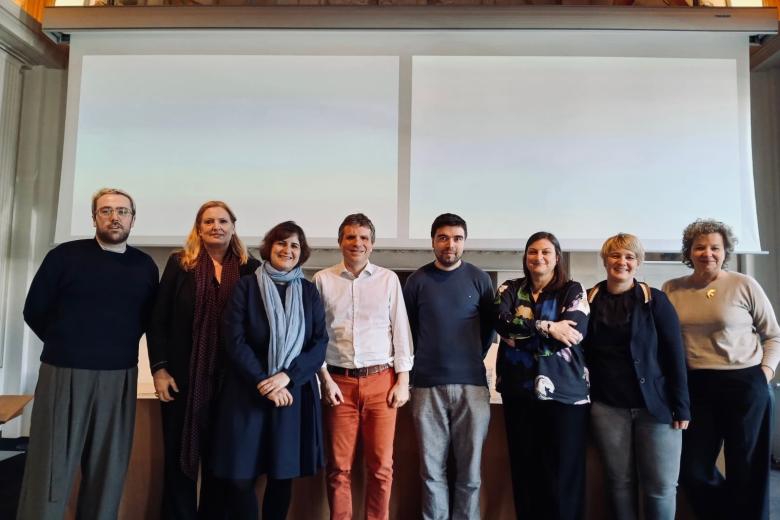How to Serve Two Masters: Conflicting Treaty Obligations in Cases of Dual Membership of NATO and the European Union
Supervisor: Prof. dr. Jure Vidmar
Co-supervisor: Mr. dr. Wim Muller
Keywords: NATO, EU, dual membership, treaty conflicts
Since the establishment of NATO and the EU, the memberships of both these international organisations and associated territorial overlap has substantially increased. This thesis examines how dual NATO/EU Member States resolve conflicts arising from their obligations stemming from being members of both NATO and the EU at the same time.
Being a dual Member State of different international organisations inevitably creates the possibility that the treaty obligations towards both these international organisations—and their Member States—are at odds. If a dual Member State acts in compliance with one treaty, this may, at the same time, result in a violation of the other treaty. A few cases regarding conflicting treaty obligations have been litigated before the Court of Justice of the European Union (CJEU). Nonetheless, this dissertation finds that while the respective conflict clauses in the NATO and EU treaties provide for a legal solution to these conflicts, a final resolution is mostly achieved through negotiations, rather than by court decision.
Also read
-
Andrés Caceres Solari on No room for Human Rights in Gaza and Ukraine: How the Law Legitimizes Urban Devastation
Pick Our Brains Session with Andres Caceres Solari

-
Teacher Information Points at UM
UM faculties now host Teacher Information Points (TIPs) that offer local, “just-in-time” and on-demand support for teaching staff. The aim is simple: to provide help that is closely connected to day-to-day teaching practice.

-
Globalisation & Law Network seminar with Damian Chalmers
On 4 November 2025, the Globalisation & Law Network had the honour of welcoming Prof. Damian Chalmers to discuss his paper “The EU’s Governing by Legal Shadows”.
